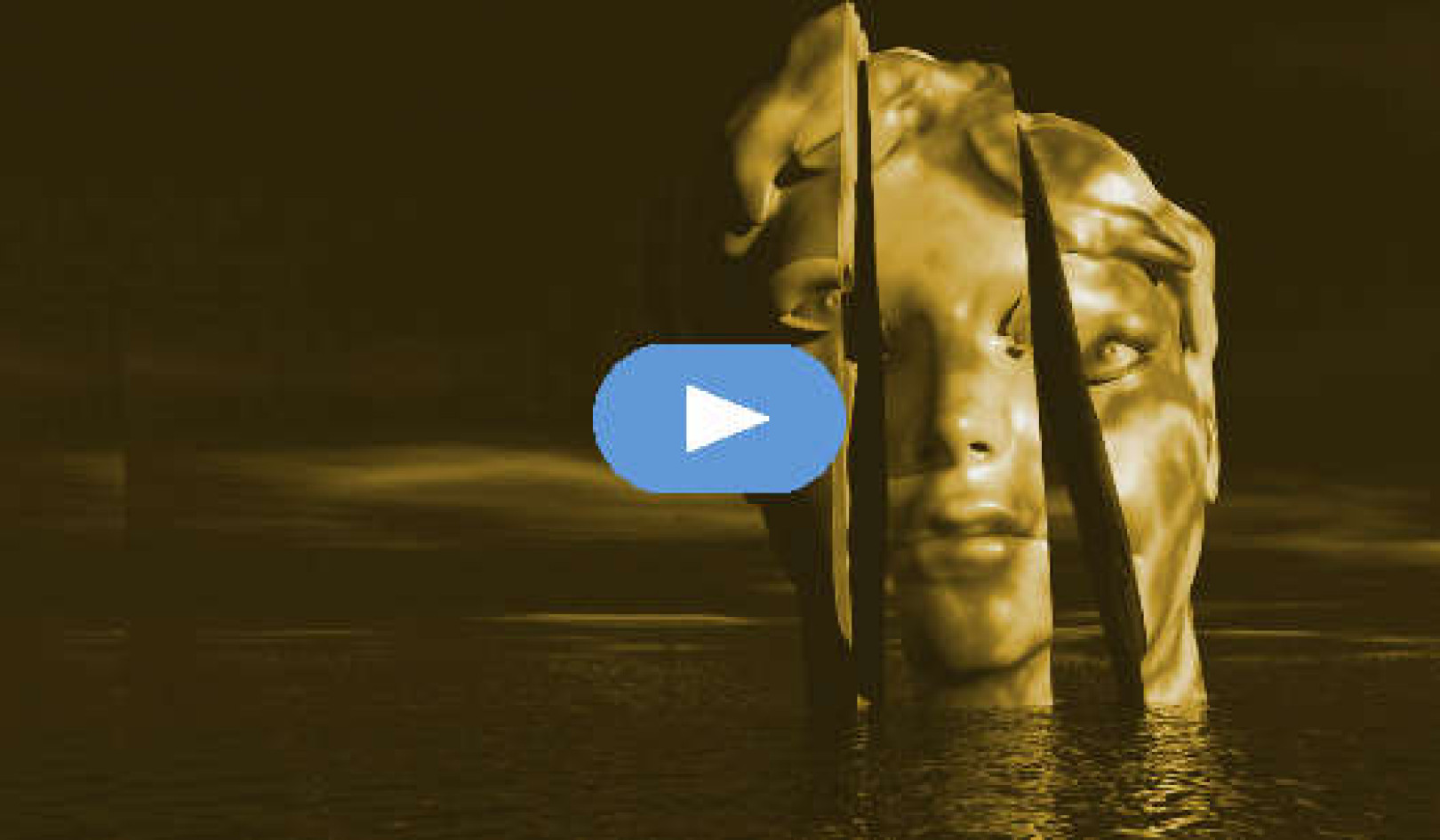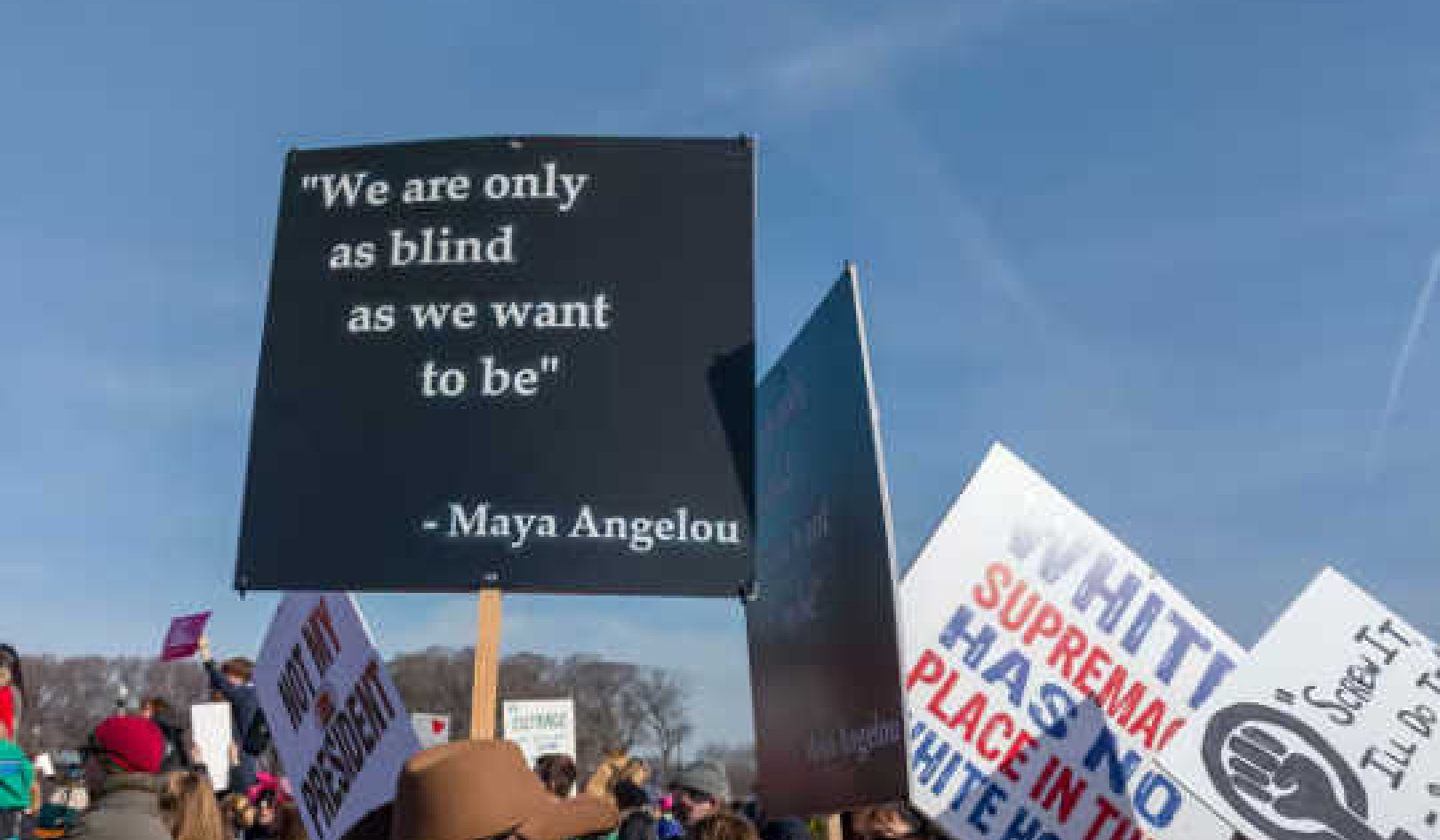
During the years of our formal education and learning most of us will have met someone we could describe as a brilliant teacher. Usually, such gifted individuals can inspire young minds, give confidence and understanding, and demonstrate the true joys of learning. We sense their interest in each of their pupils as individuals, feel cared for by them and will willingly run that extra mile for and with them, in order not to 'let them down'.
Some of our life teachers have similar qualities, whether within the family or in the wider area of relationships. Learning is gentle, supported, inspired and fun. We thus help each other to celebrate life's journey.
Karmically, we choose our family of incarnation to provide the major setting and spur for our life's tasks. Our parents, siblings and relatives will be nurturers, teachers, providers of opportunity, healers, and challengers. We may choose to be born surrounded by people and circumstances who will set us gently on our journey -- or we may choose more difficult conditions.
The process of incarnation, being present on Earth, and being born into our family of origin is immensely complex. Those who, on Earth, seem to be our harshest taskmasters, may be very close to us in our soul group. In the interests of learning our important lessons sooner rather than later, we may, before incarnation, have called on those closest to us, at a soul level, to play confrontational roles for us. It can take deep love to face the pain of being the catalyst for another's learning, if any degree of suffering is involved.
The Lows and the Highs are What Stand Out
When we look back on life, often the troughs and the peaks come most easily to memory. The times when everything ticks along nicely tend to fade into relative insignificance. Things we can do or accomplish easily, we take for granted. Obstacles, challenges, frustrations and difficulties are demanding of the life skills we already have or are the means whereby we develop other life skills and maturity. Though there is no punishing authority forcing us to choose difficult incarnations, that higher, enduring part of ourselves -- our higher selves -- carrying our higher conscience can be a demanding taskmaster.
The whole spectrum of human relationships is a powerful arena for the working out of learning processes of all kinds. We all long for closeness, love and understanding. Loneliness and isolation are foreign to human nature and are recognized as two of the greatest trials a human can endure. In relating to others, we discover the best and worst about ourselves.
Any inability in the field of human relationships is a potent trigger for self-searching. Difficulty in relationships is one of the most common reasons for bringing people into counseling. If we are without friends and 'significant others', we seek, and are motivated to, change. Situations in life may be of great moment in making us conscious.
Our Fellow Humans: Our Greatest Teachers
Our fellow humans, implicated in most life situations, will always be our greatest teachers. We may model ourselves on those who inspire us and whom we love, but those who oppose, criticize, reject or betray us are also great teachers. When we turn, from licking our wounds, to recognize this, karmic and evolutionary progress is often made.
Reflecting on the difficult people in our lives, and understanding the lessons we have learned from them, is difficult and often painful. We may carry the results of difficult encounters in our bodies, as symptoms. We frequently, and colloquially, use quite clear symbolic language to describe pains in the neck, back, shoulders, lumbar areas, upsets of the digestive system, nausea, coughs, breathing difficulties, even some 'accidental' injuries: 'She's a pain in the neck'; 'I wish he would get off my back'; 'I feel as though I am carrying the world on my shoulders'; 'It's as though I've been given a kick in the behind'; 'I can't digest all that is going on'; 'You make me sick!'; 'I'm coughing my heart out'; 'You suffocate me'; 'I'm only limping along at present (because of my sprained ankle)'- are but a few examples of this type of symbolism.
Difficult Relationships: Letting Go of Victim Consciousness
 In recognizing, as teachers, those who bring us difficult relationship experiences, and specifying the lessons they have taught, or are teaching us, we also help ourselves to overcome any victim consciousness we may have. Identifying with 'the victim' clouds our ability to take charge of our own lives and to see the opportunity that is a part of every crisis. In seeing the karmic and evolutionary laws positively, we can learn to take more conscious charge of our own destinies. We are not victims, but co-creators.
In recognizing, as teachers, those who bring us difficult relationship experiences, and specifying the lessons they have taught, or are teaching us, we also help ourselves to overcome any victim consciousness we may have. Identifying with 'the victim' clouds our ability to take charge of our own lives and to see the opportunity that is a part of every crisis. In seeing the karmic and evolutionary laws positively, we can learn to take more conscious charge of our own destinies. We are not victims, but co-creators.
It is well known that a deeper understanding and rapprochement can result when people are willing to work at difficult relationships of all kinds. Couples working through marriage or partnership difficulties do come back from points of despair and imminent separation to find that 'the best is yet to come'. Families can get through periods of family rows and near rifts to realize a greater closeness.
Creative compromises in relationships do happen -- but more rarely if a sense of victimization pervades. The response to an impassioned cry of 'I am nothing but your doormat', is often an equally impassioned 'But you are making me into a monster'! Only when we are willing to look at how such relationship dynamics have come into being and own our role in them, can we truly move on.
Resolution is not always possible. The wounds of betrayal, abandonment or rejection can be deep and disabling. Often it is right to walk away. Analysis, understanding, owning our hurt and our ability to hurt others, help to make sure that we do not walk on, or get left standing, with wounds that are too raw to heal.
What Is There to Learn From the Situation?
In my practice I see a lot of people who are dealing with wounding caused by relationships. The first focus is always on the psychological understanding, healing and decision making that belong to the here and now. Working at this level will eventually include looking at what there is to learn from the situation itself and from the other people involved.
Considering these questions with people who are open to the wider dimensions of karma and spiritual evolution touches other levels. The work of self-healing, understanding and moving on has a deeper and more satisfying significance when things are put into a wider perspective and deeper reserves of emotional strength may be tapped. We may not fully understand or have intricate details of what has gone before, but knowing that the present difficulties have wider causes and do not stand in isolation, can help when it comes to being less hard on ourselves -- and others.
To be rejected or betrayed will always hurt, but to know that we are working on such things as karmic themes brings in that transpersonal and symbolic perspective, which nurtures survival and minimizes scar tissue. Dealing with karmic issues can make experiences more intense. Accepting that something is bigger than the immediate and obvious gives the intensity its due proportion.
Our karmic teachers are those who move us deeply, either positively or negatively, and who leave deep impressions on us emotionally. Their presence in our lives may cause us to change direction, be jolted out of complacency, turn love into hate and cause whirlpools in previously calm waters. If it is essential that progress and consciousness should move forward on certain themes, then more than one intense teacher may appear until the issue is understood.
Unfinished Business
For each one of us certain life encounters will seem to be more highlighted than others, affecting us more powerfully or dramatically, whether positively or negatively. It is in meeting such people that we change our lives, make great insights, suffer, become inspired or undergo strong emotions, such as passionate love or hate.
It is this very intensity that can signal to us that this is an important, and probably, karmic learning situation. These may be people we have met before, in a previous existence. (In the sense that though exactly the same personalities do not reincarnate, we instinctively recognize beads from the same thread or grains from the same core.) There may be unfinished business that our higher selves are resolute in bringing to our notice.
Many people worry about issues of 'unfinished business', whether it be psychologically or karmically. At both levels, if we try too hard we can add complexities to the original situation. Where there is a response from another person and we can work things through consciously, with recognition on both sides, then indeed old scores can be settled and hatchets laid to rest. Where there is no such response we can end up feeling very frustrated and disempowered, unless at some point we realize that we have done as much as we can.
Ends may not be tied, corners may not be rounded, but sometimes we have to turn, or walk, away. If you have done all you can, but can go no further because there is no answering response from others involved, this does not necessarily mean that the business remains technically unfinished for you. The unresponsive party may have to meet a similar situation again, in this lifetime of another, but you need not be reinvolved, once clarity on the issue in hand has been gained.
Living More Consciously
To live more consciously through our relationships we need to develop the ability to observe ourselves dispassionately. The inner observer who is hyper-critical, over-judgmental, punishing or threatening is not truly helpful to our emotional and spiritual growth. The inner observer, who can stand slightly apart from every life situation and remind us to ask ourselves the right questions at the right time, is invaluable. Where relationships are concerned these questions need to include:
- Am I seeing the whole person? Am I seeing the good points and minimizing the aspects of this person I find difficult? Am I seeing only the bad points and minimizing what this person has to offer?
- What do I want of this person? Am I sure that he/she has the resources to give me what I want?
- What price am I paying for what I want? Is it a price I can pay easily and willingly?
- Is there equality between us? Is there mutual give and take? If there is not equality, am I happy with the role I am playing/will play?
- Are there any seeds of jealousy here? Are we likely to play power games with each other? Is there mutual trust?
- How do my closest friends see this person?
- Am I seeking to be rescued? Am I being a rescuer?
- Is one side of our relationship so dominant as to make it difficult to see other facets?
- Does this person bring out wholeness, joy, humor and well being in me?
Asking such questions is no guarantee that we will be able to answer them honestly. Even if we answer them, we may do so with limited vision. Things may still break down or erupt at a later point -- but at least we sow the seeds for a greater consciousness about what is happening as it happens.
If our souls are intent on certain encounters and lessons, they will usually happen, but where we ask questions and strive to observe what is happening, we are more prepared, learn more quickly and find more adequate solutions when crises strike.
Reprinted with permission of the publisher,
Red Wheel Weiser Inc. ©2000/2007.
http://www.redwheelweiser.com
Article Source
Karma & Reincarnation: A comprehensive, practical and inspirational guide
by Ruth White.
 Ruth White delves into the meaning of karma as it arises from Hinduism, Buddhism, and Christianity, offering a straightforward discussion of its meaning in each tradition. She makes a distinction between the true meaning of karma and the commonly held notion that it's all about punishment for past errors. Ruth also provides useful tools for applying your understanding of karma to your real life. Through exercises, meditations, and case studies, she guides the seeker through an exploration of how karma aids us in our evolutionary journey to enlightenment.
Ruth White delves into the meaning of karma as it arises from Hinduism, Buddhism, and Christianity, offering a straightforward discussion of its meaning in each tradition. She makes a distinction between the true meaning of karma and the commonly held notion that it's all about punishment for past errors. Ruth also provides useful tools for applying your understanding of karma to your real life. Through exercises, meditations, and case studies, she guides the seeker through an exploration of how karma aids us in our evolutionary journey to enlightenment.
About the Author
Ruth White is a transpersonal psychologist and spiritual teacher. She is the author of several books, including Working with Your Guides and Angels, Using Your Chakras, and Working with Your Chakras, published by Weiser Books.
More Books by this Author
at

Thanks for visiting InnerSelf.com, where there are 20,000+ life-altering articles promoting "New Attitudes and New Possibilities." All articles are translated into 30+ languages. Subscribe to InnerSelf Magazine, published weekly, and Marie T Russell's Daily Inspiration. InnerSelf Magazine has been published since 1985.

Thanks for visiting InnerSelf.com, where there are 20,000+ life-altering articles promoting "New Attitudes and New Possibilities." All articles are translated into 30+ languages. Subscribe to InnerSelf Magazine, published weekly, and Marie T Russell's Daily Inspiration. InnerSelf Magazine has been published since 1985.























